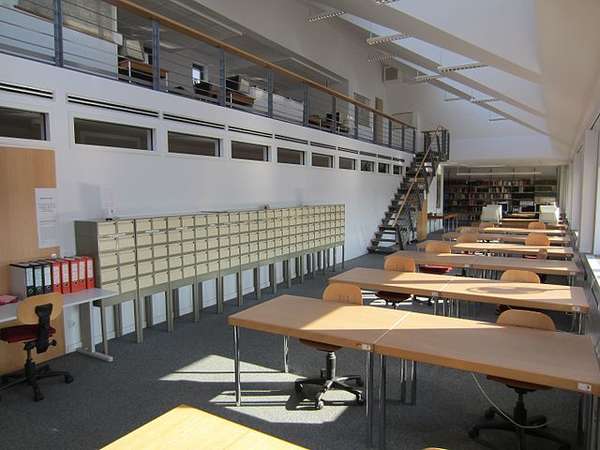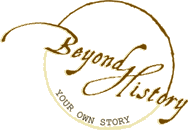Top 10: Sources for genealogy
- 08. June 2017 - General, Historical Documents, Tips and Tricks
Today we like to start our new series on sources for ancestry and family research. For what would we genealogists be without our sources? We start with an overview and will address the various mentioned sources at irregular intervals and provide further information. What relevance they have, were you can find them, what is to be considered…
- Birth, marriage and death certificates: Very reliable sources. Often you can even find information in addition to the birth, marriage and death dates of the searched persons, like information about children, testaments or divorces.
- Church books: They are one of the most important sources for genealogy, even if you can’t always trust them to 100%. Church books cover the greatest possible period of time and are usually fully researchable for the time prior to 1875. In addition to baptism, marriage and death dates they can often provide further information on a person as well as its family that might be a big help for the research.
- Historic registration cards: If you don’t know much about a person, a registration card can provide a lot of information. Alongside with the name, birth date and place they sometimes contain quite detailed information on the profession, military service, spouses and children as well as various addresses. Unfortunately historic registration cards are not preserved from every city and region.
- Internet: Everybody knows that you can’t trust every information on the internet. This is true for genealogy as well. Still internet research can be quite helpful. Professional ancestry research websites, often fee-based, offer the advantage that you can usually see the scanned documents online and don’t have to trust transcriptions.
- Directories: They are especially helpful, if certificates are still under data protection. Unfortunately they were often only kept for bigger cities and subtenants, servants and most of the simple workers weren’t listed. But they can provide valuable hints on the residence time of a family in a city and therefore narrow down search periods.
- Passenger lists: If family members emigrated, passenger lists are a priceless source. Name, age, profession, birthplace, last place of residence prior to emigration as well as family members a person traveled with are usually listed. Unfortunately passenger lists from German ports are not fully preserved. If possible it is therefore advisable to also include arrival lists of the destination ports into the search.
- Census lists: Depending on how often there were surveys and what information was collected, the census lists vary in quality. Besides the name and birth dates and places it might be possible to draw conclusions on family members. And maybe you can find places of residence or distant relatives through name registers. However, census lists are not preserved for all regions of Germany.
- One-place studies/home chronicles: Before starting an extensive research in a new place, it is worth to check, if there is already a One-place study or local chronicle. These might already contain important information. But it might still be advisable to verify this information by means of the original sources.
- Military records: If they are preserved, they provide a lot of information on the military career. This includes for example combat missions, military awards or description of appearances or diseases. There might even be official letters of the soldiers themselves (applications for leaves for instance).
- Citizen records: They often contain quite detailed information and documentation on the life of a person. This might be records of baptisms or marriages or even documents on the military career, proof of citizenship, references and so on.
Of course there are many more helpful information sources of various provenances (origins). Often the possibilities are individually dependant on the respective ancestors that you want to research. Relevant might be for example: passport applications, adoption or divorce records, guild documents, testaments, court records, compensation or denazification files, commercial registers or land register entries.
Due to the variety of origins, types of records and repositories, it is quite easy to lose track. It is not without reason that we professional genealogists do exist. Through our daily work with the sources and many contacts we are usually able to find the relevant information faster and to comfortably provide it to our customers.


0 comments